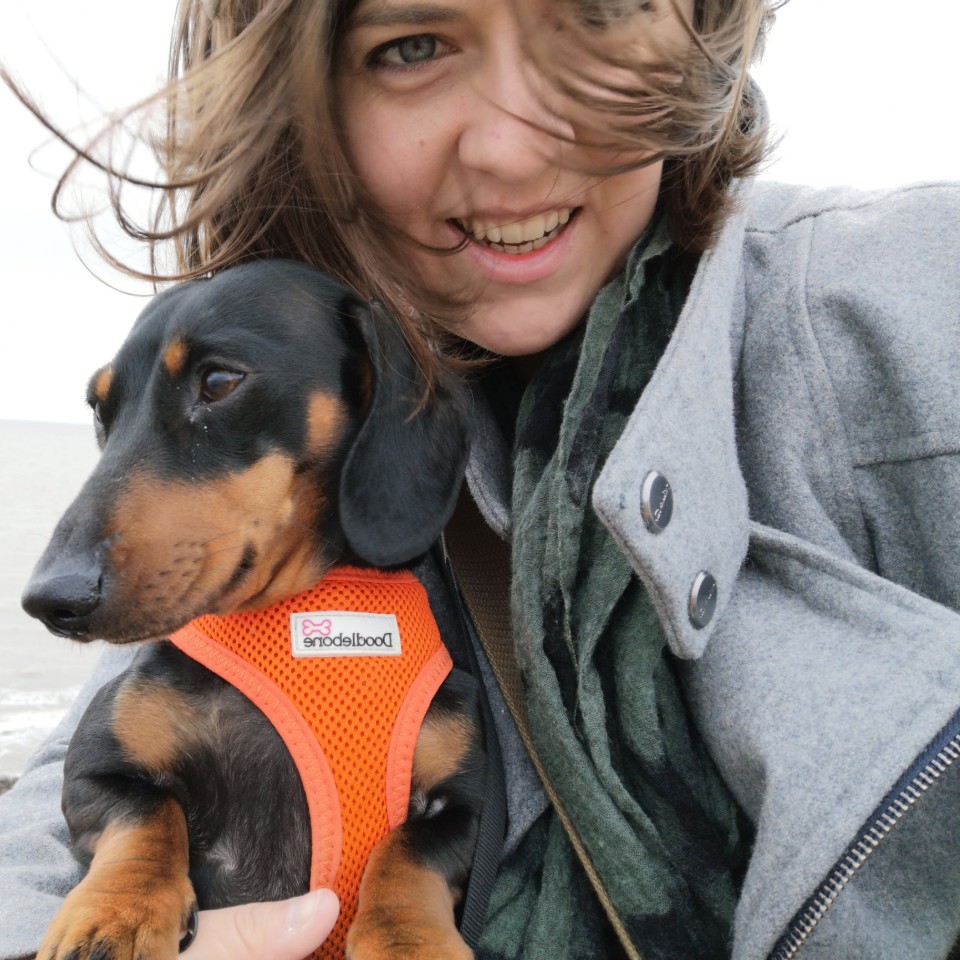Why do cats play with their prey? Cat hunting behavior explained
Wondering why your feline friend appears to be torturing their breakfast? Our guide reveals all
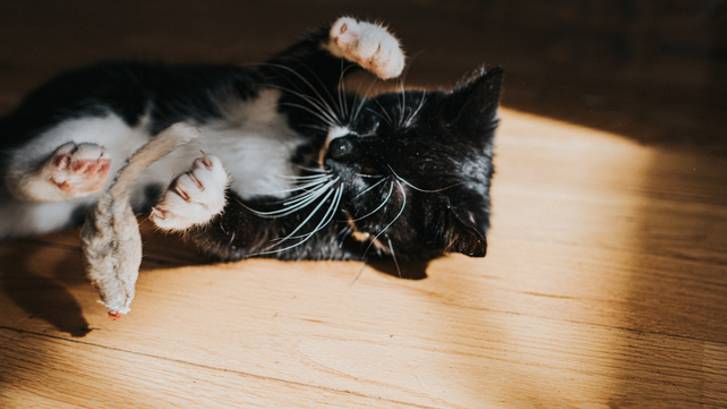
Despite being domesticated, cats playing with their prey - even if it’s just their bowl of kibble - harks back to their wild instincts.
Mimicking behavior they’d likely display in their natural habitats, playing with prey is perfectly natural and not something to be alarmed about. It can however be disturbing if your cat is bringing home live “presents” such as birds and rodents, or even if they’re just flicking bits of kibble around the kitchen floor for you to find and tread on.
The key to stopping - or at least limiting - the behavior is understanding why it happens in the first place, so read on to find out more.
- Best cat food: The tastiest meals for your pet
- Best cat toys: Boredom busting playthings for your feline
Why do some cats play with their food?
Whether it’s actual live prey or just a bowl of food at home, some cats can’t help but play with their dinner. There are a number of key reasons why they do this:
It mimics hunting behavior
Cats will play with their food (prey) in the wild in order to tire them out. This makes it easier to kill them without encountering injury to themselves. Grisly, but true. Domesticated cats have the same instinct to do this, even house cats who only have stationary food to contend with. You might find that your cat watches TV when there are fast, prey-like movements on the screen.
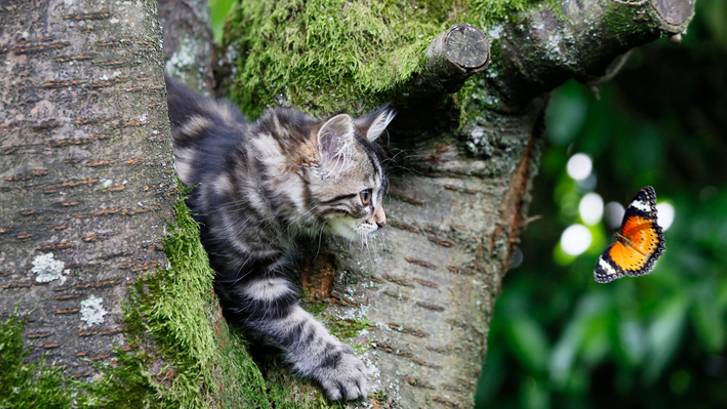
Boredom
Under-stimulated house cats can get bored and might play with their food if they don’t have enough to keep them occupied at home. Make sure they have plenty of attention and opt for toys that mimic their natural hunting behavior. Looking for new play ideas? Here’s How to teach a cat a trick.
They are worried about predator attacks
This might sound like a bit of an odd one, especially if you’ve got an indoor cat. But cats are naturally wary of predators and if their food bowl is placed somewhere where they can’t also keep an eye out on what’s around them, you might find they play with their food in order to bring it out into a better spot. Try moving their bowl if it’s hidden or out of view.
Bad feeding habits
Cats tend to behave best when they follow a good routine. If you leave lots of food lying around, top up the bowl when it’s empty, and respond to begging, they’ll quickly learn that food isn’t scarce and doesn’t need to be quickly eaten. It can quickly turn into a plaything when there’s an abundance of it. Try feeding your cat at specific times, and take their food away from them if they don’t eat it reasonably quickly.
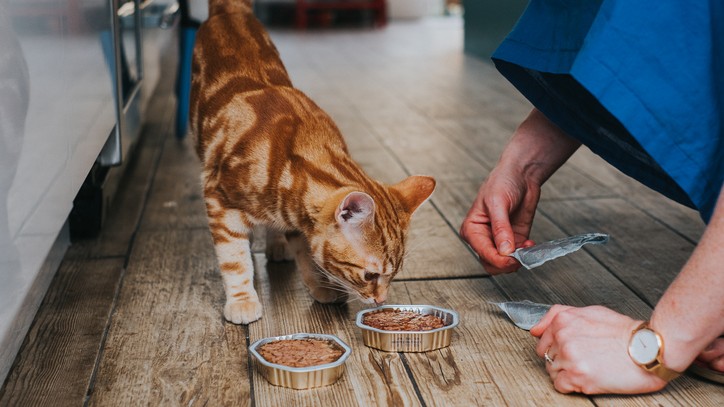
Do all cats play with their prey?
Not all cats will display this behavior, though most will in some form or another. Indoor cats may display it when playing with toys, rather than food. Outdoor cats may do it, but you may not see it happening - and if you’ve fitted them with a kitty bell to help the prey out, they might not get too much opportunity to do it. But it’s a perfectly natural instinct for pretty much every cat to have.
Why do cats bring home live prey?
It’s never a particularly pleasant experience, but almost every cat owner has been subjected to finding small prey in their house. In the past, it was thought this represented a “gift” for the owner, but Cats Protection says that the current thinking is that cats bring home prey to their primary territory (aka their home).
Again, this is a natural instinct, and it’s not something you can necessarily put an outright stop to - it’s just one of those things. Giving your cat plenty of stimulation, limiting their time outdoors at dawn and dusk and fitting a bell on their collar can all help reduce the presents you find at home though.
You might not be pleased if your cat catches a mouse - our expert explains what you should do about it.
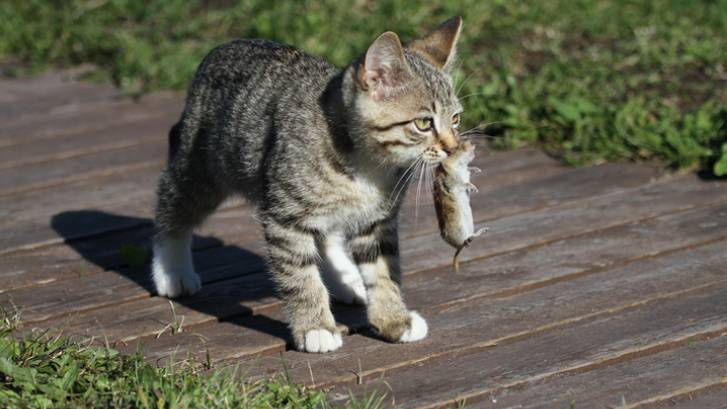
Why do cats lick their prey?
There’s a couple of reasons why you might find your cat licking a dead animal. If your cat intends to come back to the prey for a snack later on, it will want to remove traces of its own smell to deter other cats and predators. The other, more practical reason, is to remove excess feathers or fur from their latest snack. Lovely!
Why do cats chatter or meow at their prey?
Put simply, one suggestion is that cats get excited when they see their next potential meal - and that includes any prey they might spot. As a result, you might hear them chattering, squeaking or meowing at their prey - especially if they can’t actually get to it, like when they see it through a window. Sometimes you’ll also see physical changes in their posture, such as a wagging tail and a stiffened posture too.
You may also spot them displaying the same kind of behavior when you get their favorite toy out of the cupboard too. The reason they probably don't chatter at their regular dinner is that there’s no element of challenge or frustration - or potential that they won’t “catch” their usual food.
There are other theories about why cats chatter at their prey too, including a rush of adrenaline, a mimicking of the bite needed to kill their prey (which they’re prevented from doing when they can’t get to it). Some even suggest that they’re trying to mimic their prey in order to lure them in. In essence, we don’t quite know exactly why they do it - but it’s not something to worry about.
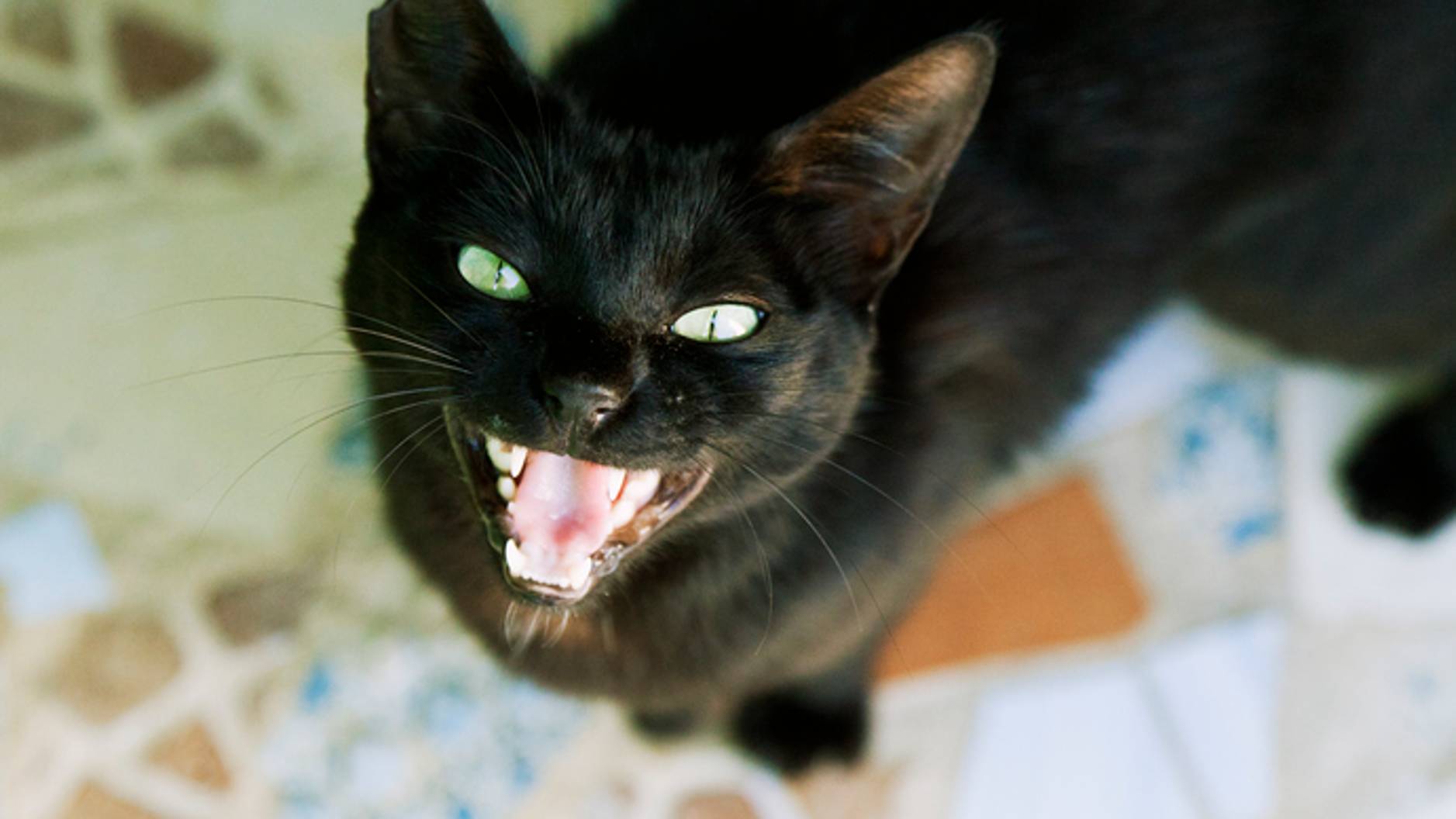
Do cats eat their prey?
The simple answer here is - sometimes. A cat’s instinct is to hunt down prey even if they’re well fed, since in the wild they might not realise when their next meal is coming. However if they don’t actually need to eat the prey, they might save it for a later that never comes and the prey goes discarded.
Some cats will even catch and release their prey - it all seems to be part of a game. Other times, cats will eat the prey they catch - often times you might never know about it if they’re an outdoors cat. If you find your cat has brought some prey home and not eaten it, it’s usually best to dispose of it though.
PetsRadar Newsletter
Get the best advice, tips and top tech for your beloved Pets
Amy Davies is a freelance writer and photographer with over 15 years experience. She has a degree in journalism from Cardiff University and has written about a huge variety of topics over the years. These days she mostly specialises in technology and pets, writing across a number of different titles including TechRadar, Stuff, Expert Reviews, T3, Digital Camera World, and of course PetsRadar. She lives in Cardiff with her dog, Lola, a rescue miniature dachshund.
